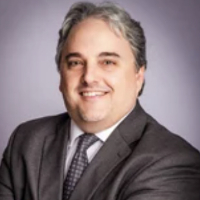 Coy Estate Lawyers, Arkansas
Coy Estate Lawyers, Arkansas
Sponsored Lawyers
1-10 of 45 matches
2 Crestview Plaza
Jacksonville, AR 72076
Estate, Adoption, Wills & Probate
Charles J. Buchan is a practicing lawyer in the state of Arkansas handling Estate and Adoption matters.
(more)
650 S. Shackleford Rd
Little Rock, AR 72211
Estate, Real Estate, Wills & Probate
Ron Goodman is a practicing lawyer in the state of Arkansas. Attorney Goodman received his J.D. from the University of Arkansas in 1982.
(more)
Corporate Tax, Estate Administration, Gift Taxation, Estate Planning
Wills & Probate, Estate Planning, Corporate, Business Organization, Transactions
Business Organization, Corporate Tax, Gift Taxation, Estate Administration
Gift Taxation, Estate Planning, Non-profit, Partnerships






